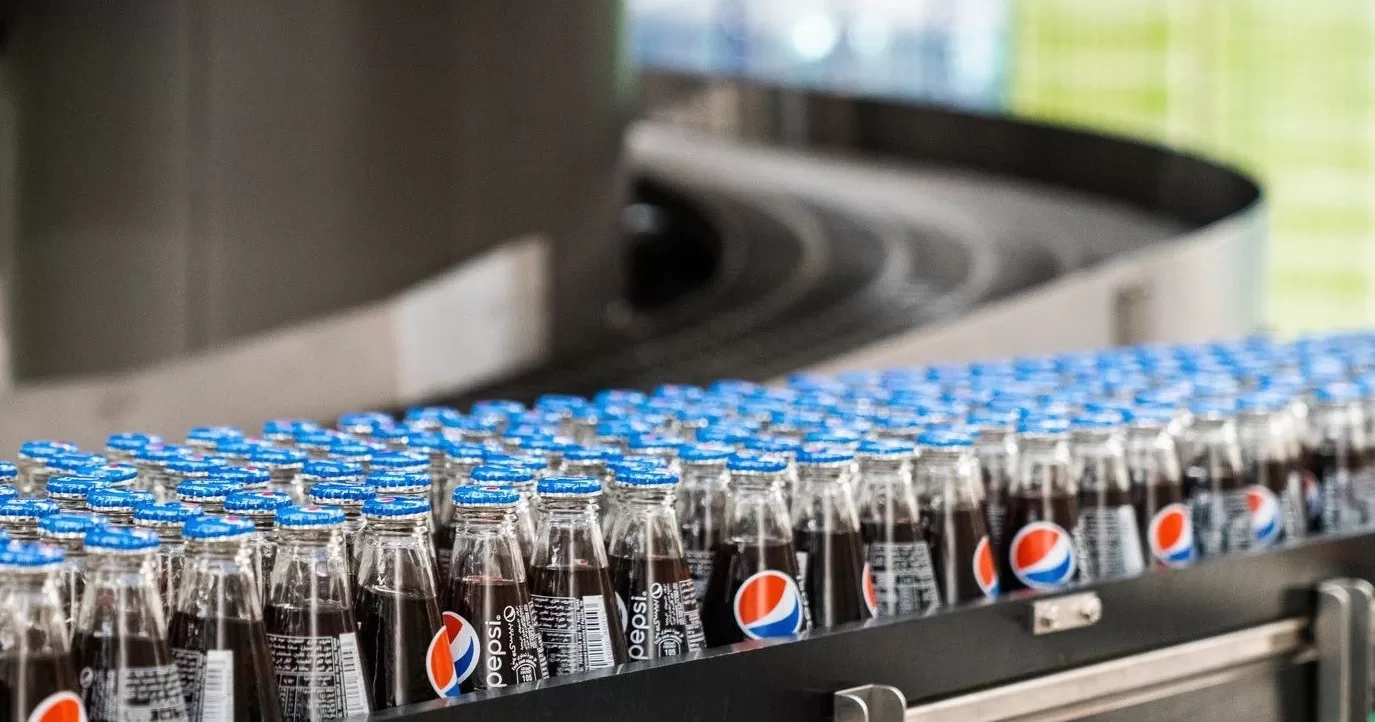Pepsi, a multinational beverage company, has proposed the construction of a new massive production plant in DR Congo. The facility, located in Maluku, Kinshasa, will have the capacity to produce 1.2 million bottles of Pepsi per day. President Felix Tshisekedi has been invited to attend the grand opening ceremony on August 30th. The plant, a subsidiary of Varun Beverage, represents a significant investment in the DRC and is a testament to President Tshisekedi’s efforts to attract foreign investment. The Pepsi plant in DRC has been a project that has been in the pipeline for a while. Pepsi’s endeavors to diversify its market are commendable as it seeks to solidify its position in Africa. The new plant is expected to create over 500 direct jobs and numerous indirect jobs in the logistics and distribution sectors.
The Significance of the Pepsi Plant in DR Congo
The construction of a Pepsi plant in DR Congo is set to bring a lot of social and economic benefits to the nation. For starters, the creation of job opportunities during and after construction is an immense social and economic advantage. It is expected the plant will initially operate at total capacity, producing 1.2 million bottles of Pepsi daily under the supervision of PepsiCo New York managers. Plans include expanding operations to Lubumbashi in Haut-Katanga province. Furthermore, it places the nation in an excellent economic position as the beverage production industry in the Democratic Republic of Congo will experience a significant boom. This will be through the inauguration of the Varun Beverage factory, manufacturer of PEPSI brand beverages. The visit of the Congolese Minister of Foreign Trade, Julien Paluku, to the Maluku Pilot Special Economic Zone highlighted the importance of this factory. 
The State of Affairs Regarding the Varun Beverage Factory
The construction of a Pepsi plant in DR Congo is part of an approach aimed at promoting local production. Furthermore, it also protects the Congolese industry from competition from imports. Julien Paluku stressed the importance of controlling imports to ensure the sustainability of the local industry and the jobs it generates. Indeed, the factory’s creation of direct jobs is a significant step forward in a context where unemployment remains a major challenge for the country.
In addition to creating direct jobs, the plant also plans to hire more than 800 women and girls to distribute beverages in the city of Kinshasa. This approach contributes to the empowerment of women and the revitalization of the local economy. In addition, the plant will export products to other countries in the region, such as the Republic of Congo, Cameroon, and Gabon. This opens up new prospects for economic development for the Democratic Republic of Congo.
The Optimism Linked to the Massive Project
The construction of the Pepsi plant in DR Congo is linked with a lot of optimism from the government and residents. “The objective of the head of government is to multiply a lot of industries to create enough jobs. We can confirm to everyone that the work we have done in Zimbabwe has shown us that the firm Varun Beverages is the representative of the big firm Pepsi,” explained Pepsi’s CEO, Ravi Jaipuria. Furthermore, the Congolese government’s desire to support local industry is reflected in measures aimed at limiting certain imports. This is particularly true in the beverage sector. This policy of protecting local industry should help strengthen the country’s economy and promote sustainable growth. The upcoming installation of the plant in the new Special Economic Zone illustrates the desire to diversify industrial hubs throughout the Congolese territory.
Also read:
Congo and Zambia Presidents Initiate Luapula Bridge Construction for Enhanced Economic Partnership
Chinese Firms Ink a Multi-Billion Mining Swap Deal For the Construction of Major Roads in DRC

Leave a Reply